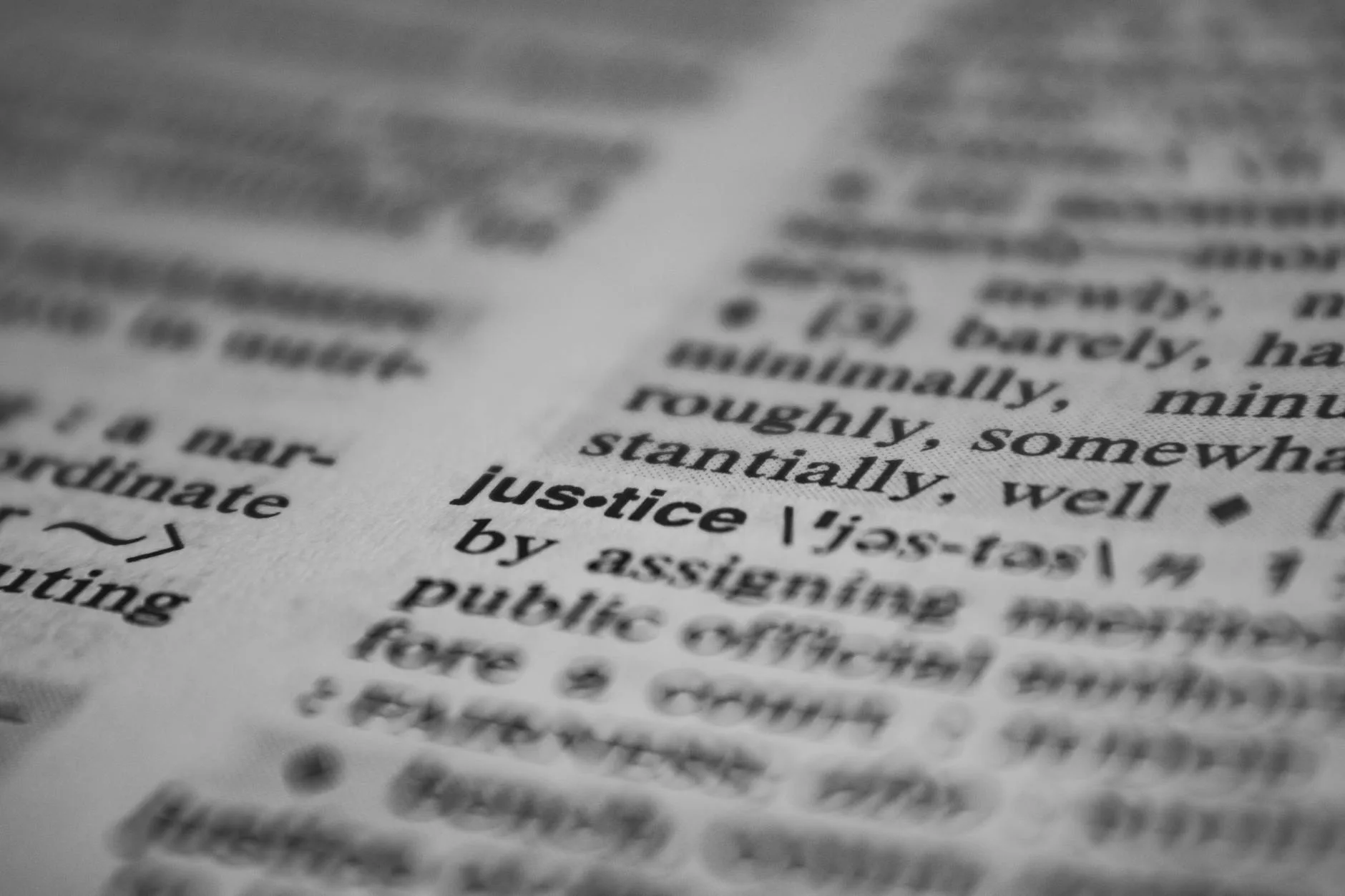Navigating the Eastern District of Tennessee’s Court Filings
In the realm of legal proceedings, understanding the specifics of court cases offers valuable insight into the functioning of our justice system. Recently, new items related to the case of Griffin v. Copper Cellar Corporation, docket number 3:21-cv-00100, have become available through the Eastern District of Tennessee’s court filings. This case, like many others, involves specific legal arguments and factual circumstances that are now accessible for public review. Examining these publicly available documents can illuminate the legal issues at play and the process of litigation within federal courts.
Case Background and Parties Involved
The case of Griffin v. Copper Cellar Corporation, filed in the U.S. District Court for the Eastern District of Tennessee, involves a dispute between the plaintiff, Griffin, and the defendant, Copper Cellar Corporation. While the specific nature of the underlying dispute is not detailed in the metadata provided, such cases often stem from allegations of wrongdoing, contract disputes, or other civil matters that fall under federal jurisdiction. The Eastern District of Tennessee is one of several federal district courts responsible for hearing cases within its geographical boundaries. Understanding the parties involved provides a fundamental context for any legal analysis.
Accessing Court Filings and Metadata
For those interested in the granular details of this legal matter, access to court filings is crucial. The U.S. Government Publishing Office’s (GPO) GovInfo provides a centralized platform for accessing federal government publications, including court documents. In this instance, specific metadata for Griffin v. Copper Cellar Corporation is available, offering researchers and the public an organized way to understand the case’s documentation. This metadata includes descriptive information about the case, often in formats like MODS (Metadata Object Description Schema), which aids in cataloging and retrieving legal records.
The availability of these documents allows for a level of transparency in the judicial process. The GovInfo platform facilitates this by providing links to download comprehensive packages, typically in ZIP format, containing all associated content and metadata files. This ensures that interested parties can obtain the necessary information to review the case’s progression and the arguments presented by both sides.
Deconstructing the Legal Arguments (Based on typical case structures)
While the specific claims in Griffin v. Copper Cellar Corporation are not detailed in the provided metadata, federal civil litigation generally involves plaintiffs presenting a complaint outlining their grievances and the legal basis for their claims. Defendants, in turn, respond with an answer, which may include defenses and counterclaims. The discovery phase follows, where both parties exchange information and evidence. Throughout this process, various motions may be filed, such as motions to dismiss, motions for summary judgment, or motions in limine, each requiring the court to make rulings based on legal precedent and presented facts.
The complexity of these proceedings underscores the importance of detailed legal documentation. Each filing contributes to the overall narrative of the case, building the record upon which a judge or jury will eventually make a decision. Public access to these documents, therefore, serves a vital role in fostering an informed citizenry and holding the legal system accountable.
Implications of Publicly Accessible Court Records
The accessibility of court documents like those related to Griffin v. Copper Cellar Corporation has several significant implications. Firstly, it promotes transparency, allowing the public to observe the workings of the federal judiciary. This is a cornerstone of democratic governance. Secondly, for legal professionals, these filings are invaluable resources for research, understanding legal trends, and preparing arguments in similar cases. Law students and academics also benefit from this open access, using real-world examples to deepen their understanding of legal principles.
However, it is crucial to approach these documents with an understanding that they represent ongoing legal processes. A filing is not a final judgment, and the information contained within it is subject to legal challenge and potential revision as the case progresses. Moreover, metadata alone, while useful for organization, does not provide the full legal context of the case.
Navigating the Information Landscape
For individuals seeking to understand the details of Griffin v. Copper Cellar Corporation, the primary source of information is the official record. The GovInfo website is the designated portal for this purpose. It is important to rely on official documentation rather than secondary interpretations, which may not always be accurate or complete. When reviewing legal filings, it is advisable to consider the source and the stage of the litigation.
Key Takeaways
* The case of Griffin v. Copper Cellar Corporation (docket 3:21-cv-00100) has new items available through the Eastern District of Tennessee’s court filings.
* Public access to federal court documents is facilitated by platforms like GovInfo, which provides metadata and full document downloads.
* Understanding legal filings requires context regarding the parties, the claims, and the stage of the litigation.
* Transparency in the judicial system is enhanced by the public availability of court records.
* Official sources should be consulted for accurate and complete information regarding legal proceedings.
For those interested in the specifics of Griffin v. Copper Cellar Corporation, we encourage you to visit the GovInfo website and review the official case documents.


